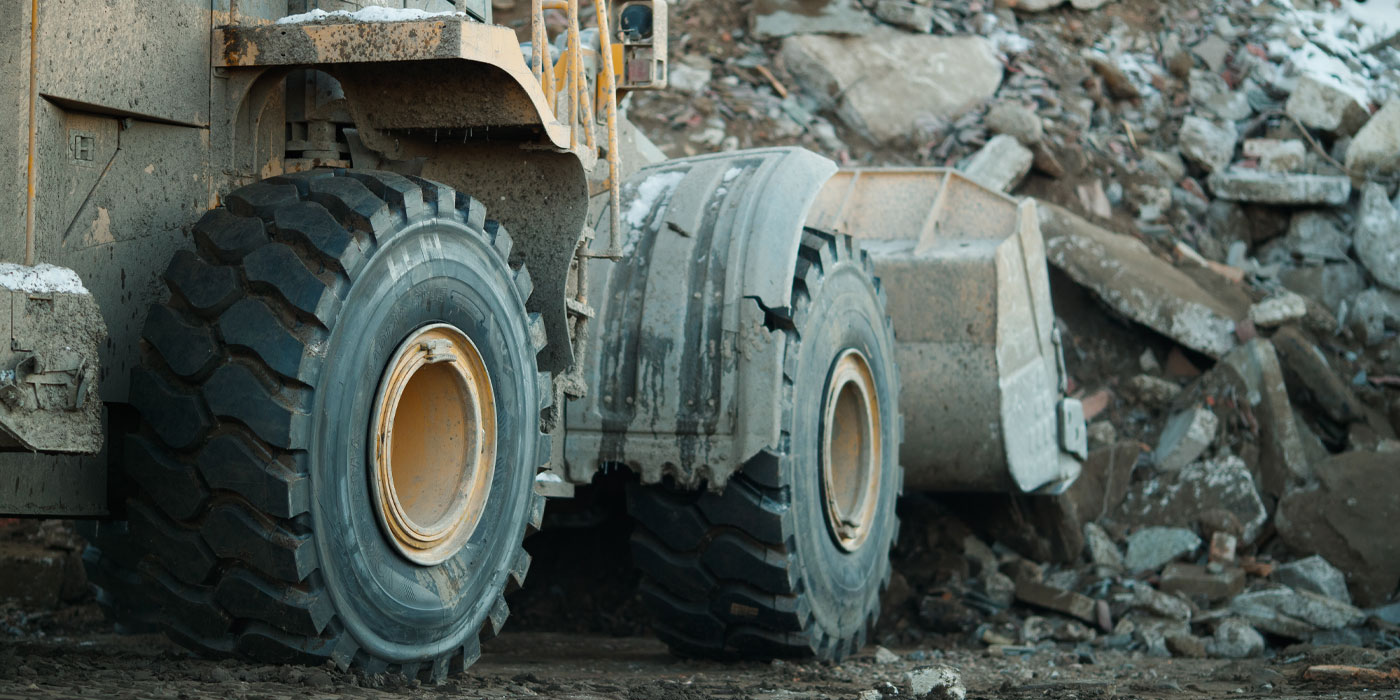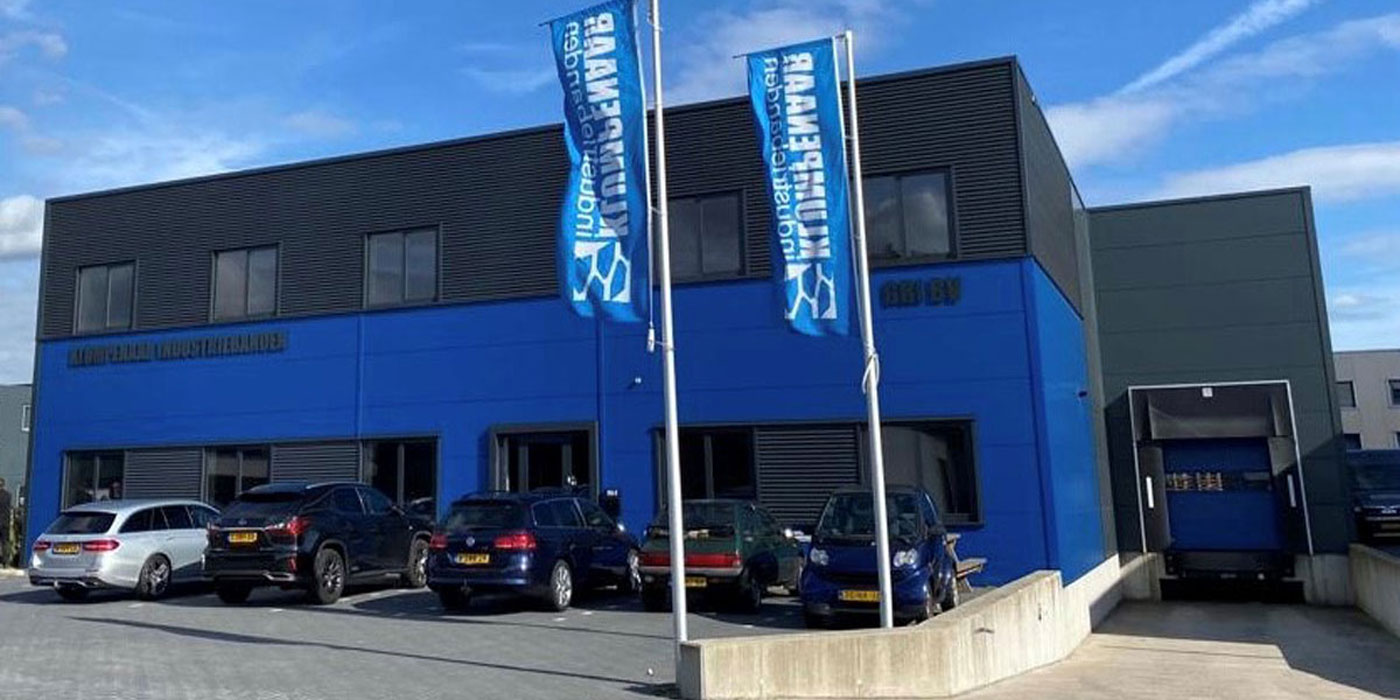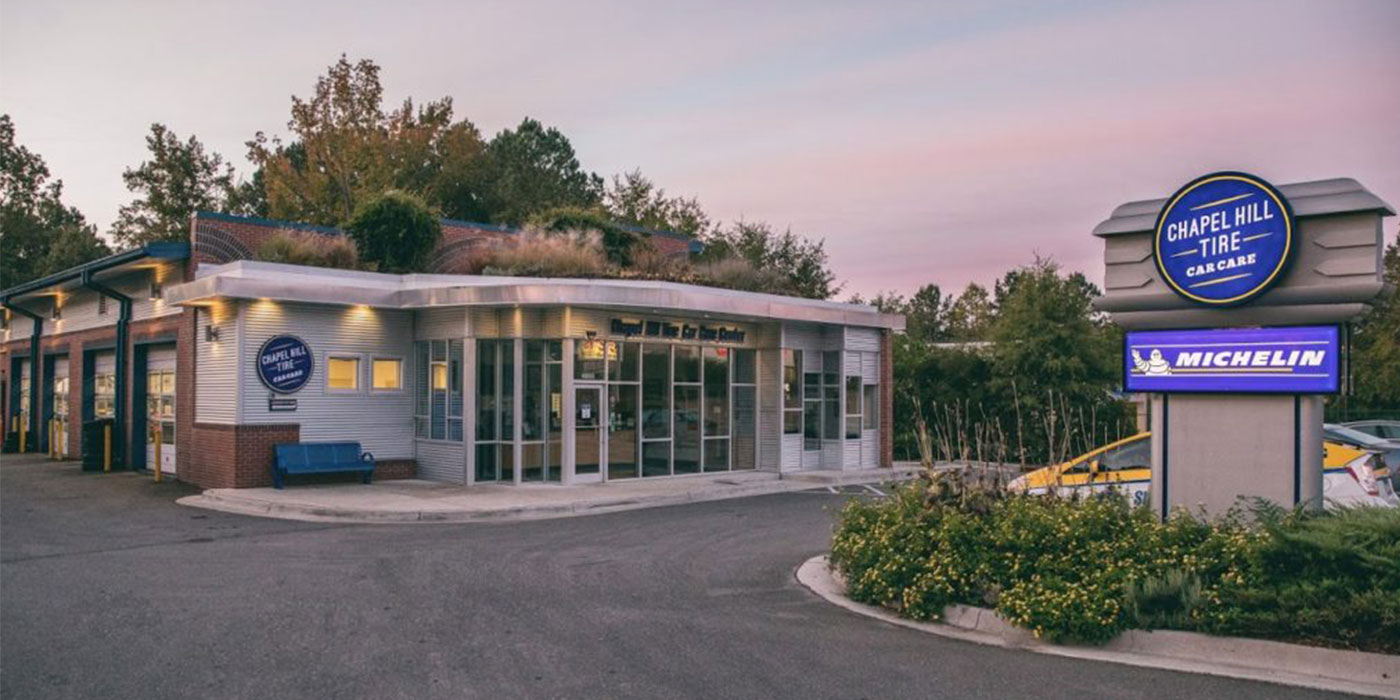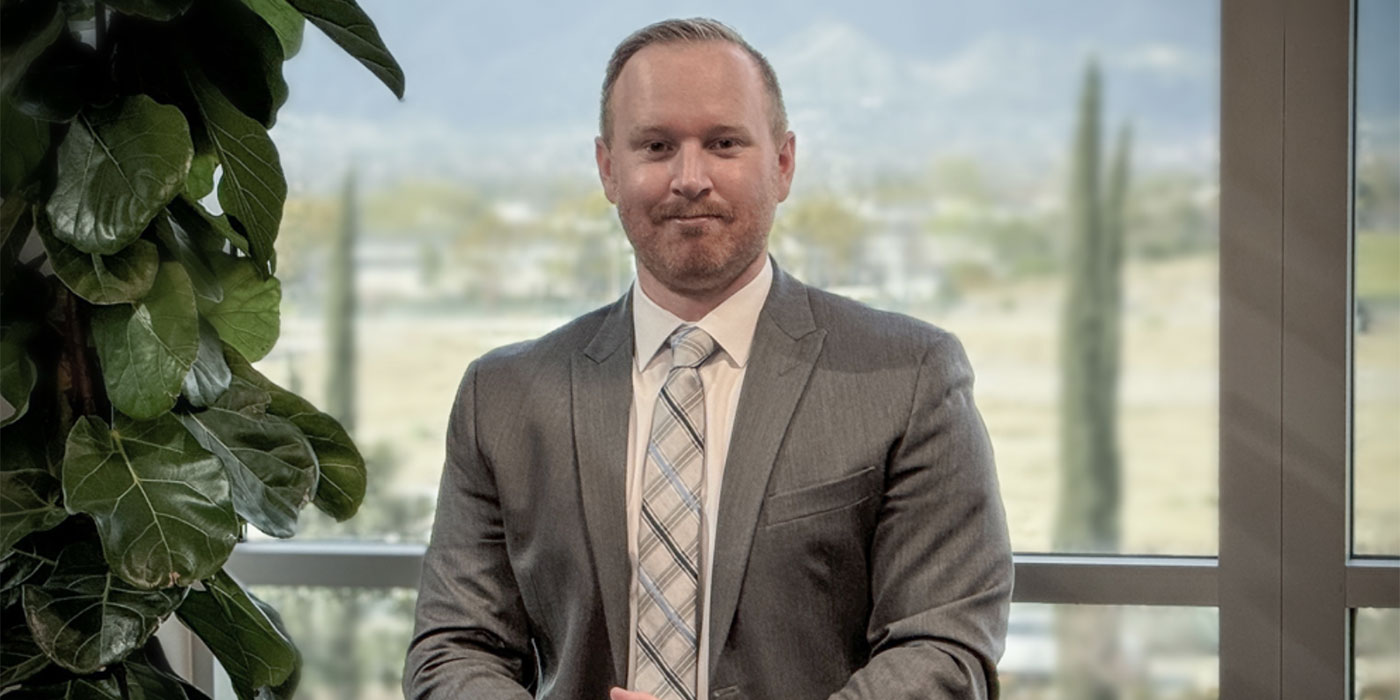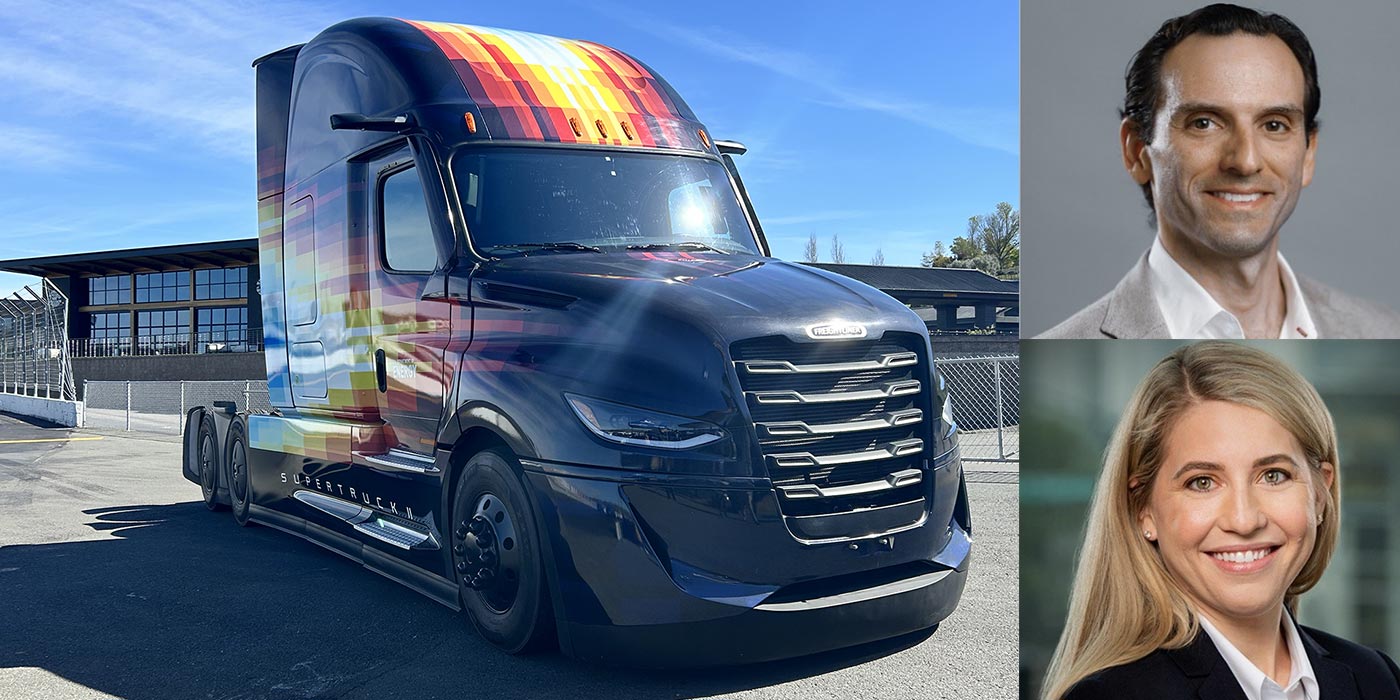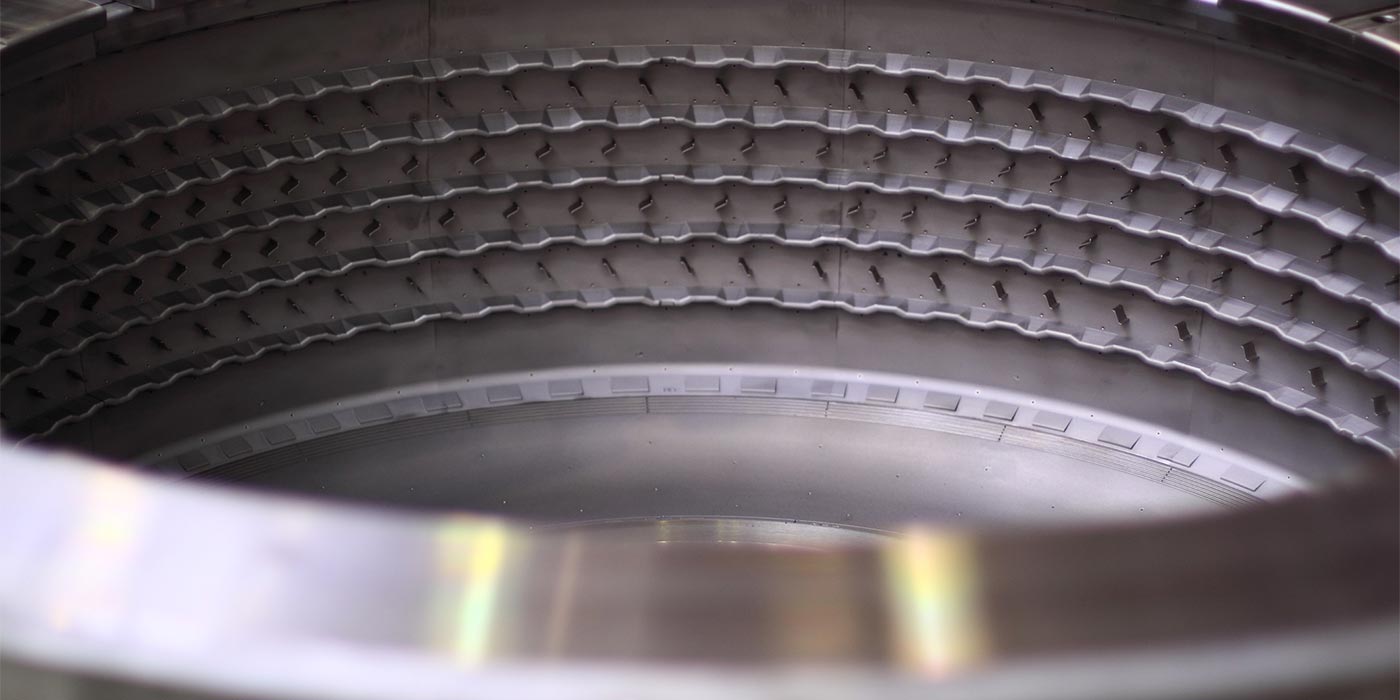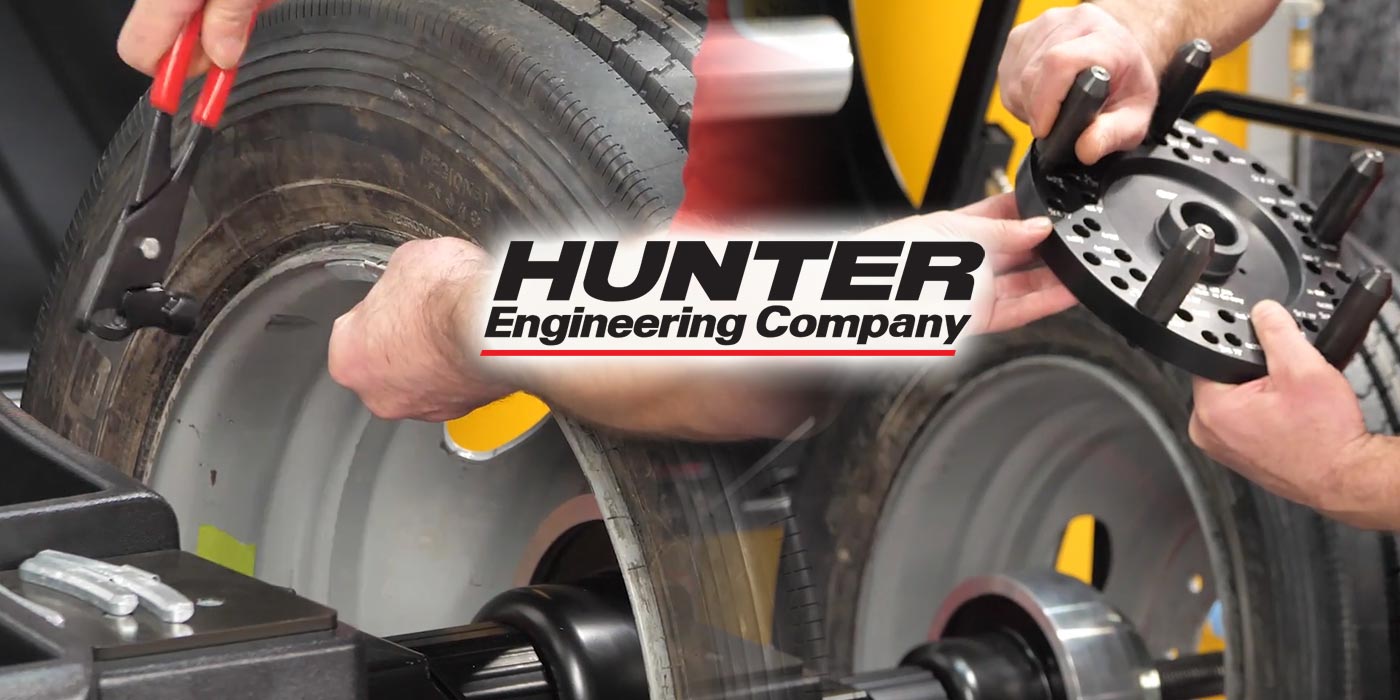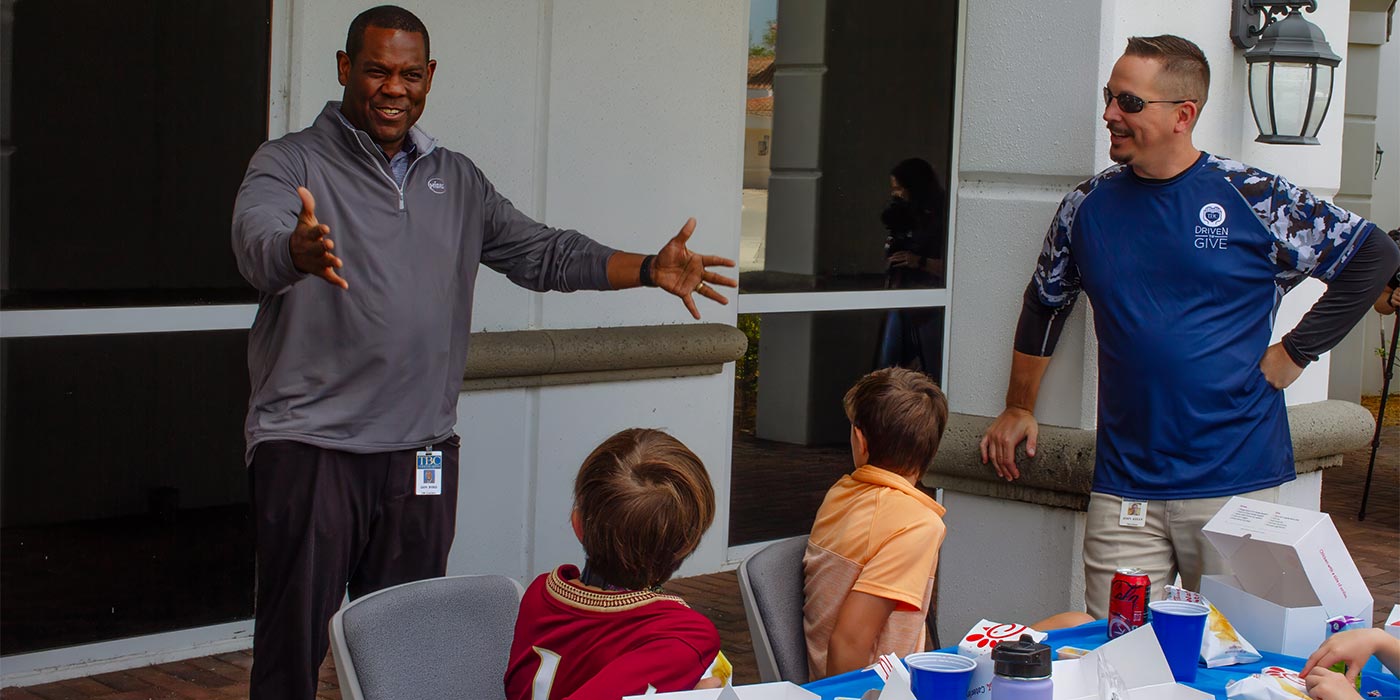Evans, 50, founder and chief executive of EER Ltd., has built a tire recycling and recovery network that extends from Connecticut to Brazil. Evans’ firm is in charge of routing, managing and tracking millions of tires a year.
"We don’t own the trucks and facilities," she said. "We handle the paperwork and the management. Our subcontractors do the actual recycling and recovery."
If you’re a business owner or a military or government official with a zillion scrap tires, Evans can advise you whether it’s best to reuse them, shred them or use them to fuel an energy plant.
EER Ltd. employs four people in its Hebron office and two in each of its offices in England, Brazil and Scottsdale, Ariz. EER was recently awarded a five-year, $2 million annual contract to oversee the recycling of aviation tires at 180 U.S. military bases across the nation.
It will mean more staff and more travel to ensure that her regional subcontractors are doing their job. But the "junk tire lady," as Evans delights in being called, is ready to roll.
"We’re a private company; we don’t release our revenue information," she said, "but this new contract will easily double our revenue."
In the past, each military branch managed its own tire programs, said Jack Hooper, a spokesman for the U.S. Defense Logistics Agency. But in 2005, officials with the BRAC Commission (named for the Base Realignment and Closure Act), decided to consolidate those programs in the hope of saving taxpayers about $172 million, Hooper said.
"The umbrella approach provides for better tracking," Evans said.
Military officials demand that every tire be accounted for. Aircraft tires are accompanied by a document that lists how many retreads it has undergone and how many landings it has logged. And once its flying days are over, officials want proof that subcontractors have properly disposed of it.
Evans is no stranger to that level of scrutiny. Since 2004, EER has recycled tires from 25 military bases ranging from the Canadian border to southern Virginia.
Three years ago, when a client asked her to see whether its scrap tires were being properly recycled, Evans surreptitiously followed a truckload of tires from Seattle to Oregon. The truck driver apparently didn’t suspect that the pleasant-looking woman in the rental car had been tailing him for 400 miles because he dumped his cargo at an Oregon landfill.
"My client ceased doing business with that company."
Her family has been in the retail tire and retreading business since her grandfather, Anthony Digiandomenico, opened a gas station in Middletown in 1925. In 1949, her father, Mario Salemi, took over the business.
When Evans graduated from college in 1975, she had no intention of going into the tire business and went to Washington, D.C., as a political fundraiser. Her plans changed in 1978, when her father became ill and she returned home to run the family business, City Tire.
By the time Evans took the helm, environmentalists had begun to ponder the fate of the 1.5 billion tires the world discards every year – 330 million in the U.S. alone. Junk tires had acquired an unsavory reputation. Landfills were brimming with them, and tire fires, which release toxic chemicals, were common.
Researchers also knew that mosquitoes loved nothing better than to lay their eggs inside old tires, a perfect nursery for the disease-carrying insect. Until the 1980s, relegating scrap tires to the town dump was a common disposal method.
"We were huge generators of scrap tires because we were retreaders," she said. "Only about 30% of the tires we received could be retreaded."
She began to contemplate the fate of the "other 70%."
In 1981, the Middletown dump and every other state landfill stopped accepting junk tires. Because of the closing and other factors, the family decided it was time to sell the business.
"My father retired. My sister went off to law school," Evans said.
She decided to stick with tires. Evans saw a future in recycling – doing something productive with the 33 million pounds of rubber, metal and fibers that are in those 1.5 billion cast-off tires. In 1986, Evans founded EER Ltd.
"It didn’t hurt to be a woman active in a male business. If you do a good job, they remember you. As a result, it was easy for me to find customers and clients."
Today, scrap tires are typically recycled in one of three ways. If the casing is intact, it can be retreaded. If a tire can’t be salvaged, it’s fed to the shredder and torn into pieces the size of wood chips. Rubber chips, as they’re called, can be dyed a rainbow of colors and used as mulch for plants or as playground material. Unlike wood chips, rubber ones provide a softer, splinterless surface when junior falls off the jungle gym.
Ground even finer, crumb-size pieces can be mixed with paving materials and used to construct roads or track and athletic fields. And most amazingly, old tires can find new life as electricity.
By the early 1980s, power plants had been developed that could burn waste tires to produce energy that can be converted into electricity. When shredded tires are incinerated at high temperatures in a controlled environment, they don’t produce smoke, and the toxic chemicals they release are captured.
Evans became involved in the development of the Exeter Energy Ltd. plant in Sterling when its builders came to her for help.
"They wanted to use tires as a fuel, but they needed to procure 10 million tires a year to run the plant," she said. Evans helped them obtain the necessary supply.
"The Exeter plant produces enough power to provide a city the size of Norwich with enough electricity for a year," Evans said.
Her expertise drew the attention of the British government in 1989. They wanted to know the best way to recycle more than 10 million tires a year. Evans suggested that they turn their scrap tires into energy.
"We helped them build an $86 million energy plant," she said.
Over the years, she has advised clients in Australia, Singapore and Ukraine about the best way to deal with a mountain of scrap tires, whether it’s piled high with old bicycle tires or old 5,000-pound tires used on earthmovers and mining equipment.
"As hicky as junk tires sound, it’s a life that I wouldn’t trade for anything," Evans said. "I have friends all over the world."

